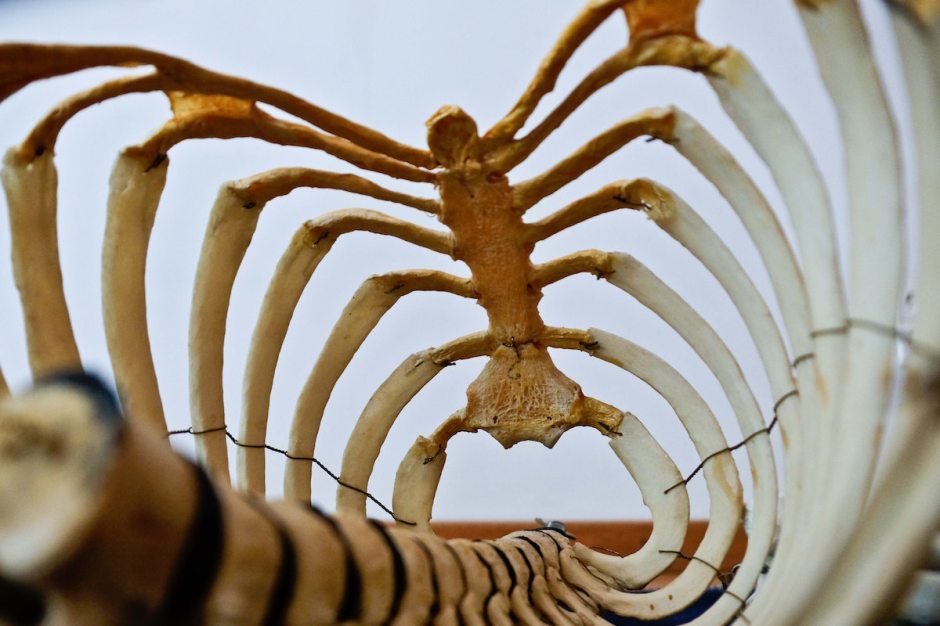Your Spine is the Key to Bone and Joint Health
Bone and joint conditions worldwide are the most common cause of severe long-term pain and physical disability: musculoskeletal conditions include back pain, arthritis, traumatic injuries, osteoporosis, spinal deformity and childhood conditions.1 As life expectancies lengthen and changes in risk factors intensify, these conditions are expected to increase, unless new treatments and preventive measures are found.
With the challenges of Covid-19 affecting people globally, lockdown and business closure restrictions have led to a decrease in physical activities. Being less active makes people more susceptible to bone and joint issues, specifically in the form of spinal pain and disability. World Spine Day is annually on October 16 and this year, it’s particularly important to pay attention to spinal health for well-being.
Active Wellness promotes regular physical activity, which is one important component of spinal health. Good posture, using your knees when lifting heavy objects, and keeping your work environment safe are simple behaviors to adhere to. Yet, most of us tend to slip up and slouch, lift with straight legs and keep a fair amount of clutter around us. World Spine Day reminds us to stay disciplined and at the very least, sit up straight!
Experts estimate that as much as 80% of the population will experience a back problem at some time in their lives, with an estimated one billion people worldwide with spinal pain.2 Most cases of back pain tend to be mechanical and non-organic. This means they are not caused by serious conditions, such as inflammatory arthritis, infection, fracture or cancer.
The spine is a complex structure of bones, joints, ligaments and muscles. Ligaments can be sprained, muscles easily strained, disks can be ruptured and joints, irritated—all leading to back pain. Poor posture, obesity and psychological stress also can cause back pain. Organic causes can be arthritis, kidney stones, kidney infections, blood clots or bone loss. Here are 10 tips to keep your spine, and therefore your bones and joints, healthy:
• Maintain a healthy diet and weight.
• Stay consistently active. Do whatever your body is comfortable with, but keep doing it every day.
• Stand and sit properly. (Do not slouch and try to keep the hips level.)
• Wear comfortable, low-heeled shoes that support your feet. Make sure the shoe is snug at the back of the heels. This helps prevent rolling of the foot either to the inside or the outside.3
• Lift with your knees and don’t twist your body when you’re carrying a weight.
• Never smoke. Smoke impairs blood flow, which deprives the spinal tissues of oxygen and nutrients.
• Keep your spine aligned when sleeping. Back sleepers can place a pillow beneath the knees to reduce stress on the lower back. Side sleepers can place a pillow between the knees to keep the hips balanced.
• Make sure you include enough calcium in your diet to keep bones strong. Kenzen BDZ® and Kenzen® Calcium Complex are your bone buddies.
• Manage any pain you have with the help of a health practitioner or physical therapist, and avoid opiates as much as possible.
• Relief from joint discomfort is available in the form of Nikken CM Complex Cream and Kenzen® Joint.
For more information on the products referenced go to www.nikken.com/na/jsj
Blessings to you and your family....Grace and Peace, Shalom.

No comments:
Post a Comment